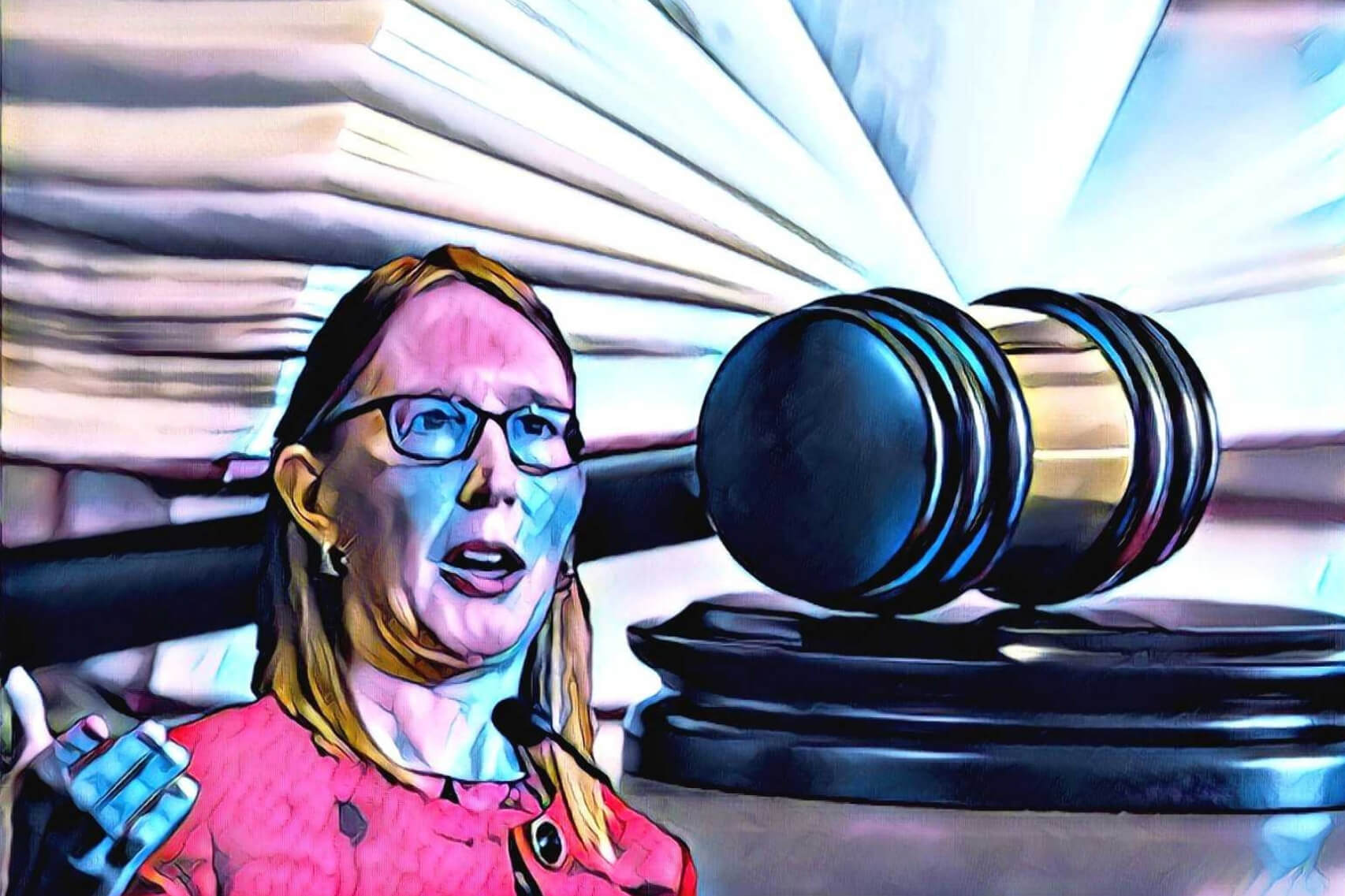United States Securities and Exchange (SEC) Commissioner Hester Peirce is well known for her pro-Bitcoin stance, making statements on several different occasions that reveal her belief in the emerging asset class that is cryptocurrencies.
Peirce, affectionately known by the crypto community as “Crypto Mom”, has offered yet more positive and forward-thinking statements on cryptocurrency and regulation. Peirce was a guest at the 2019 MIT Bitcoin Expo, where she made a range of statements that are encouraging for cryptocurrency enthusiasts.
One audience member asked Peirce about the barriers faced by ordinary investors with regards to retail participation, and how the already-wealthy are the ones who get the most access to certain types of investments:
How can we move the accredited investor laws away from wealth thresholds, and towards something that’s frankly far more reasonable and accessible to mainstream investors?
In response, Peirce spoke of how current investment laws are not in keeping with the spirit of inclusion enshrined in the the U.S Constitution:
I love that question, and I wish that there were a lot more people like those of you in the room who are clapping. Our accredited investor rules effectively say that you have to have a certain wealth level or a certain income level in order to participate in certain types of investment products. I personally think that those rules are not consistent with what this country is about, which is about people taking opportunities, taking their talents and their intelligence, and applying it to make their lives better, and we’ve put this artificial barrier in place so people can’t do that.
Peirce suggested that a change in the definition of an accredited investor would do better for those would like to invest, despite the risk that comes with such investment:
I think it’s more likely that we’ll think about ways that we can open up the accredited investor definitions so that there are other ways to show that you are able to handle investing in this area.
Again, I chafe at that myself because you worked hard to earn the money. You’re investing it. If you want to invest it in a stupid project, that’s your choice. In any event, I think that there is an appetite for opening up the accredited investor definition to make it cover more types of sophistication. So, again, if you all have thoughts about what that would look like, let me know what you think the right criteria are.
The SEC Commissioner also mentioned the Winklevoss bitcoin ETF — which she was all for, in contrast to her colleagues — and reiterated her belief that it should have been approved:
[Referring to the Winklevoss Bitcoin ETF] When [the SEC] said no to this particular application, I thought the SEC went beyond our statutory authority. I thought we should have allowed this to trade.
The most important thing for investors, especially those on the fence about the asset class, and entrepreneurs and companies looking to grow their business is certainty about the validity of blockchain and cryptocurrencies.
At the DC Blockchain Summit, Pierced stressed the need for regulatory clarity:
We need to have clear regulatory guidelines, that’s something I think you’ve been very forthright in calling for, which I think is really important. We do need to let people know where they stand, but then within that we need to let people do what they want to do and try not to have too much government partnership with the private sector.
The SEC is slowly upping its effort in the blockchain space. The regulatory body has made examining cryptocurrencies a priority in 2019, and set up the FinHub, a division dedicated to working with crypto and fintech businesses.

